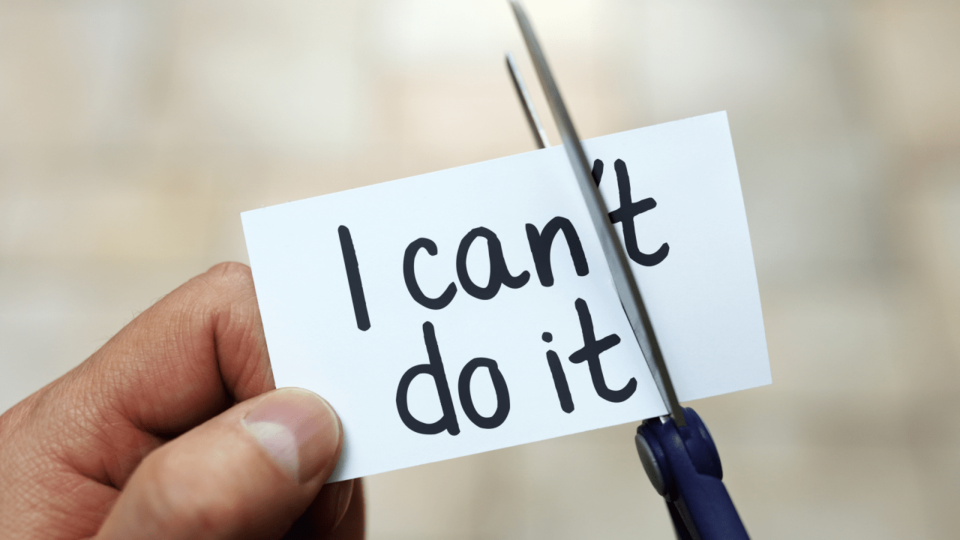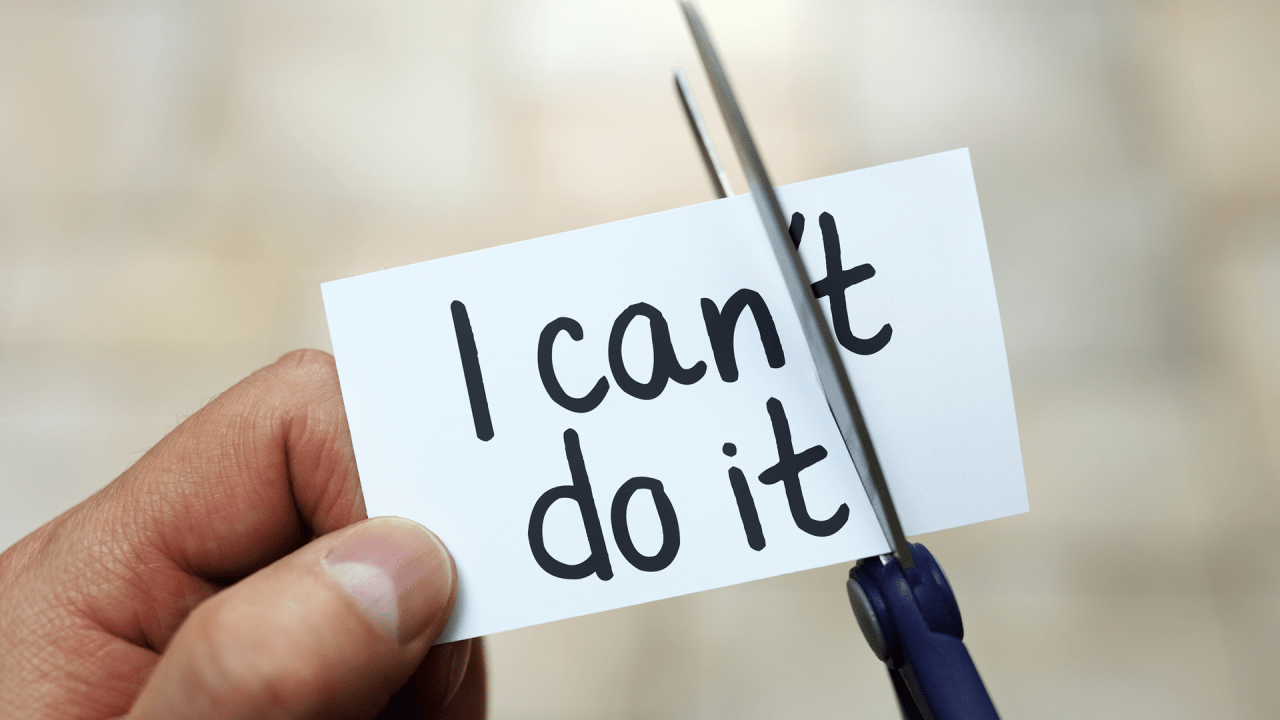
14 Dec2020

share



To see the original article click here.
Having some self-help strategies in place for managing your mental health and anxiety is crucial for maintaining a positive outlook and getting through these uncertain times.
We have put together 10 strategies you can incorporate into your daily routine, so you can boost your mental health and wellbeing, and stop anxiety and stress from becoming overwhelming.
When you are feeling anxious or worried, it is important to acknowledge that you feel this way. A great way of letting go of negative thoughts is journaling. Allocate some time during the day when you can write down all your thoughts and feelings. Then put your notebook away and shift your focus and attention to something else.
Maintaining contact with your family and friends is crucial for managing your mental health and staying positive. Even though we are living with social distancing, you can still stay in touch with your loved ones through scheduling regular phone and video calls.
Having a routine in place during the isolation period can help you stay on top of your tasks and feel productive. Before you start your day, set your intention for the day and have something to work towards. If you are struggling to get things done, that is okay. It is important to start small, make small improvements each day and be kind to yourself.
If you are struggling with your mental health, it is important to look after your physical health by getting enough sleep, following a balanced diet and staying active to help you regulate stress and hunger, and to support your immune system. Try and avoid things that might exacerbate your anxiety, such as smoking and alcohol.
Engaging in fun activities can help you relax, and take your mind off a difficult situation. If you are having extra free time at home, use this as an opportunity to learn a new skill, such as read a book, learn a new language, sign up for an online course or improve your fitness levels by trying out new workouts.
If you are struggling with anxiety and worry, limit your exposure to news and social media. Use trustworthy resources to stay informed on the current global situation. This will help you keep a realistic view of the crisis, which in turn will allow you to maintain a healthier mindset.
Nourishing your mind and body with high quality nutrients can significantly change the way we think and feel, and be a huge benefit for anybody struggling with mental health. Use the isolation period as an opportunity to cook more, learn a new recipe and eat regular meals high in vegetables, good quality protein and healthy fats.
According to current government guidelines, we are able to get out once a day for one form of exercise, while maintaining social distancing. Use this as an opportunity to spend some time in nature, such as going for a walk or a run in a nearby park.
Meditation is a great way to calm your mind, improve your sleep, and stay grounded in the present moment when overwhelming thoughts arise.
Practising gratitude will enhance your optimism, and alleviate your anxiety. Research shows that people who regularly practice gratitude have a more positive outlook towards life, and are more resilient in getting through challenging situations. Keeping a gratitude journal will help you value what you have, and focus on the small positive things in life.